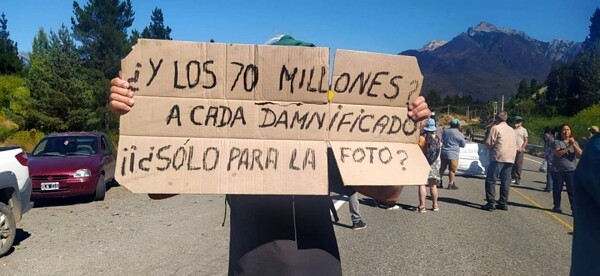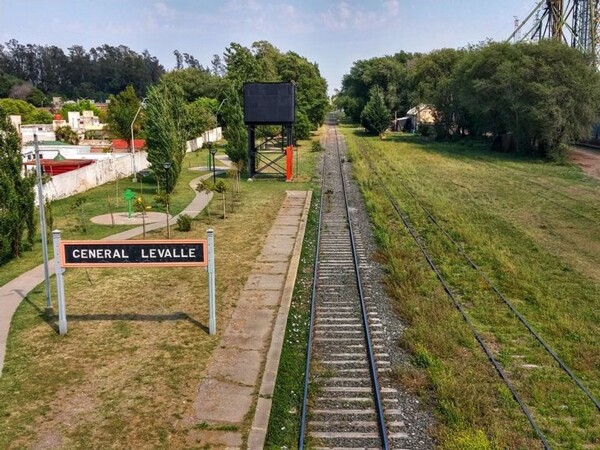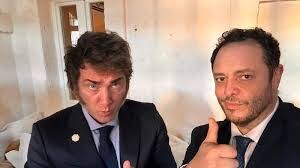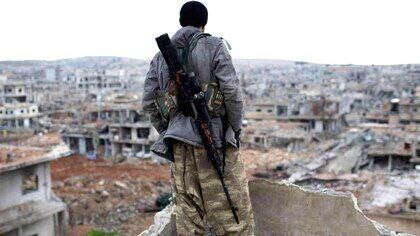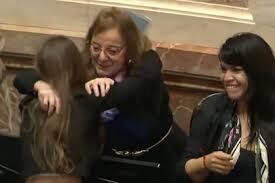
Senator Carolina Moisés of the Popular Unity proposed the possibility of applying the Clean Slate Law to judges, arguing that this would be fairer. On the other hand, judiciary member Eduardo 'Wado' De Pedro pointed at Mauricio Macri, mentioning that the PRO is the most corrupt party that has taken over the Judiciary to secure its business.
The project being debated proposed that those convicted in the second instance for crimes such as bribery, influence peddling, fraud, among others, could not be candidates. The prohibition would remain until the conviction was overturned or served. This project aimed to send a clear message to citizens about public ethics in Argentina.
After an intense debate in which Cristina Kirchner was mentioned, the Clean Slate project was halted by a single vote in the Senate, which brought it back to the beginning and left it with no chance of being addressed for the rest of the year. The decision of two missionary senators was key to this outcome.
The positions for and against the law led to confrontation among legislators. Some indicated that the law aimed to prevent impunity, while others saw it as a form of political disqualification. The exchanges regarding the possible exclusion of Cristina Kirchner as a candidate also marked the debate.
Additionally, the possibility of expanding this law to include other crimes, not just corruption, and for it to also affect officials and not just candidates was raised. At the provincial level, the Clean Slate Law is already implemented in several jurisdictions.
Finally, the Clean Slate Law did not achieve the necessary approval in the Senate, leading to strong clashes among the different political blocs. Nonetheless, the discussion about transparency in Argentine politics continues to be at the center of the public agenda.











